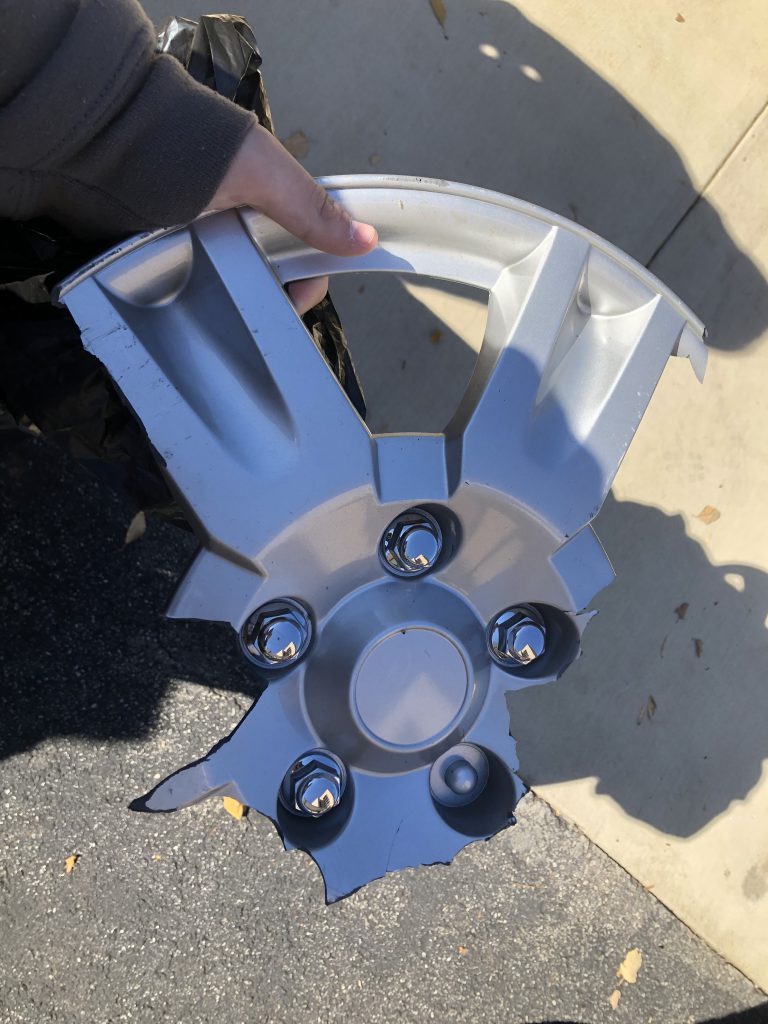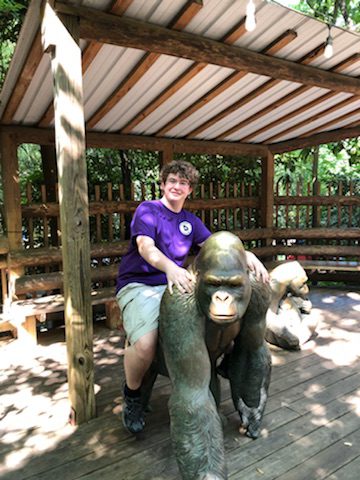For my community outreach activity, I chose to work with Dr. Brickman and my classmates to help clean up litter on campus following a home game, especially focusing on the area around Tanyard Creek. We met behind the O House dining hall, where we were given trash and recycling bags. We also received grabbing tools to avoid hurting ourselves, which ended up being necessary as we found multiple broken bottles. After this, we split up into smaller groups and followed the creek in an attempt to clean up the trash that we could find around campus. My group followed the creek from O House to Bolton, and then went back up Lumpkin street cleaning as we returned to the main group.
I found the experience pleasantly surprising overall. UGA did a surprisingly thorough job cleaning up after tailgaters, and we had to work to find any trash around. All of the main pathways were relatively pristine, although there were some out of the way or covered areas, such as down by the creek itself, that we were able to find and clean up some litter. While it wasn’t surprising, I was annoyed with the disregard that people had shown the day before. The school does an incredible job providing and servicing trash receptacles throughout campus on game day, which makes the litter all the more annoying. Additionally, much of what we found was dangerous, such as broken bottles or things with sharp edges, making it not only careless but harmful to everyone on campus.

I found the experience very useful, as it showed first hand both the impressive work done by the UGA cleaning services and the areas in which we can improve, both as spectators and as residents on campus. I didn’t gain any new skills through the cleanup, but I did gain a stronger understanding of just what is meant when we talk about litter on campus.
As a result of this experience, I will definitely be more careful about helping myself and others to be more careful with our belongings and our garbage. I also now know where is and isn’t cleaned on campus following game day, and as such could make suggestions about where to target future cleanup or preventative efforts against littering. Overall, I have a better appreciation about the wonderful job that campus employees do, as our cleaning experience was relatively easy and trash free.


